Demo: Improving Employee Experience with Bob
Watch our latest on-demand webinar for a sneak peak at some of the features of the Bob platform that will help you create a seamless employee experience under one digital roof.

Is your company struggling to find the right people? Recruiting the best talent has become…

As part of their growth strategy, Vita Mojo's People Team looked for a powerful HR…

A skills gap is the difference between an individual's knowledge level and the required criteria…
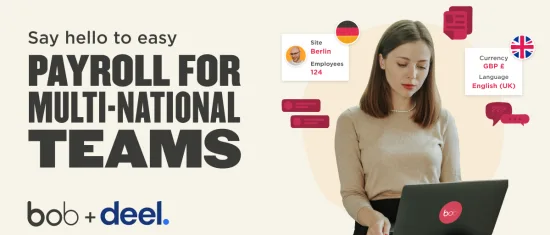
At HiBob, our number one goal is to make life for our customers and prospects…

To build a more diverse and inclusive workplace, organizations must track key DEI&B metrics. Standing…
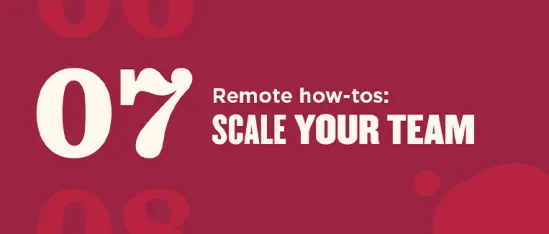
Since the pandemic, organizations around the world have had to shift to remote and hybrid…
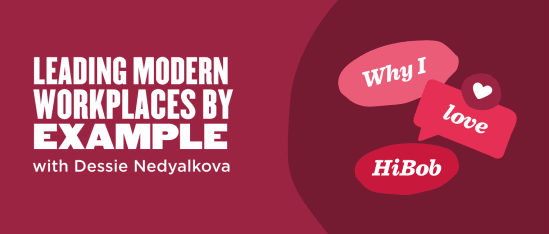
Very few people out there can say they have lived through and experienced the making…

Turning your hybrid or virtual L&D program into an investment that will ultimately help your…

The COVID pandemic put a spin on every aspect of our existence. As caretakers of…
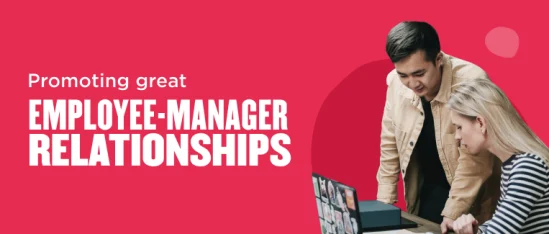
Checking in and regularly receiving feedback can make or break company growth. As people leaders,…
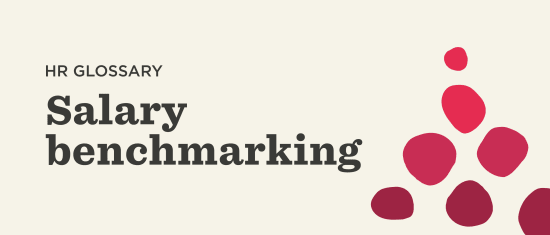
Salary benchmarking is the process of evaluating a company’s internal job salaries based on their…

HiBob surveyed APJ professionals to determine how they see the future of their employment and…

According to the US Bureau of Labor Statistics, job openings in the US increased to…
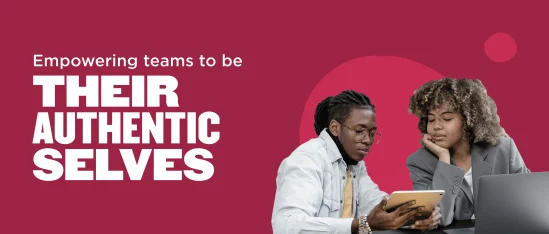
Hiring a diverse workforce is only the first step to building a meaningful DE&I strategy…
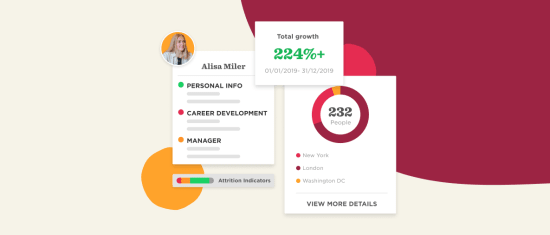
The complete flexibility to build, understand, and share your data story for strategic decision-making.